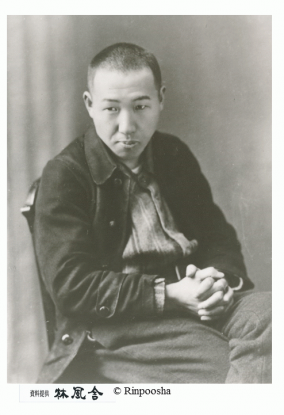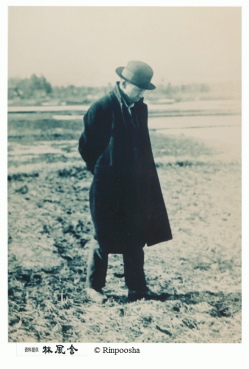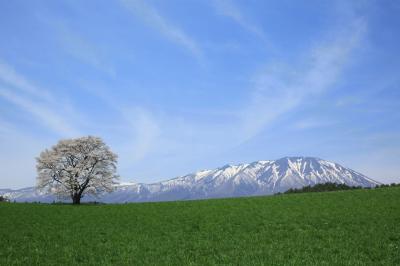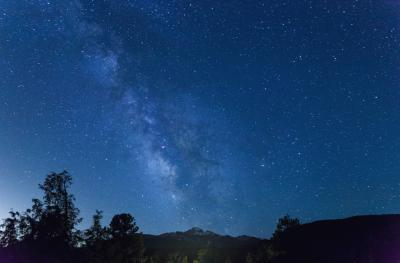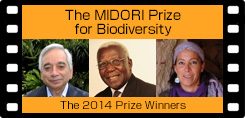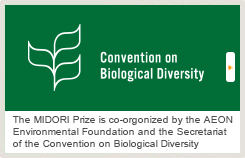Light from a Japanese Supernova
- Roger Pulvers
- Author, playwright, theatre director, journalist and translator
In the year 2017 I will celebrate the 50th anniversary of my coming to live in Japan. Despite the many startling and dramatic changes that have taken place in this country since 1967, there has been no time as critical and drastically challenging as now. Japan is at a crossroads … and the path the country takes in the next few years will determine our fate for another 50 years to come.
It is clear that the model of growth adopted during the Meiji Era (1868-1912) and later revised and refined in the decades succeeding the war no longer benefits the majority of Japanese people. Their total welfare – including all issues of quality of life such as health, education, security of livelihood and self-fulfillment – is not enhanced by a system that creates a gross gap in income between the haves and the have-nots and a steadily threatened environment. This is where Japan is heading now: hardcore built-in inequality and a landscape unable to sustain us or itself. The clock is ticking backwards in today's Japan.
Fortunately, Japanese people do not have to look far from home to find ideas that will enable them to pursue development that encompasses green social design and, in fact, become a model for both societies and businesses around the world. It all depends on the way human beings view themselves and their actions.
Author, poet, agronomist and religious thinker Miyazawa Kenji, who was born at the end of the 19th century, was entirely out of step with his times. Japan was on a crusade to build an empire with its two mottoes: 和魂洋才 The Japanese Spirit and Western Technology; and 富国強兵 Enrich the Nation by Strengthening the Military. (It certainly looks like the latter has been taken up once again as the nation's leading motto.)
Kenji never achieved fame in his own time because his vision for enhancing the welfare of all people was far ahead of its time.
The metaphor running through all of his poetry and stories is one of interconnection: We are all connected to each other; and not only to each other but to every natural phenomenon on Earth and in the universe.
In his short story “Indra's Net,” Kenji sees all things as being interlinked by threads. These threads connect not only person to person, but all things, organic and inorganic. The universe is a net of interdependence. If one thread breaks, wherever it may be, then all others are affected. The drops of dew on the net form a mirror in which we can see ourselves. This reflection is in turn reflected countless times in the drops of dew behind, to the sides and in front of us.
In other words, Kenji's net exists not only in space but in time as well. In the dewdrop mirrors we can peer far into the past. In order to understand what we see before us now, we must look into the past and know the history of the place we are at. My favorite line in his most famous poem “Strong in the Rain” (雨ニモマケズ) is …
In whatever occurs
His understanding comes from observation and experience
アラユルコトヲ
……
ヨクミキキシワカリ
In order to understand what we must do today, it is vital that we have a complete understanding of what came before and what might happen in the future if we take a particular course of action. This understanding provides us with our most secure guarantee for sustainable social design.
The most telling recent example of how we failed to do this and suffer immeasurable consequences as a result is the nuclear disaster triggered by the Great Eastern Japan Earthquake and tsunami of 11 March 2011.
Kenji was born in 1896, the year of the Meiji Sanriku Earthquake; he died in 1933, the year of the Showa Sanriku Earthquake. Both of those natural calamities gave rise to tsunami in the coastal regions of Tohoku devasted in March 2011. In fact, the 1896 tsunami produced more deaths – some 22,000 – than the one in 2011. Had we been aware of this and turned this awareness into rejection of nuclear power generation on that very coastline, we would have avoided the catastrophe of radioactive substances being spread throughout the land and into the water, ruining the livelihood of hundreds of thousands of people.
Kenji was obsessed with the welfare of animals long before this theme was taken up by other authors in the world. Ninety years ago he wrote a story titled “The Frandon Agricultural School Pig,” (「フランドン農学校の豚」) the hero of which is a Yorkshire pig who refuses to be slaughtered. Kenji himself became a vegetarian at age 21 and considered animals as the equals to humans in their ability to feel and suffer.
The poem “Scenery and the Music Box” (風景とオルゴール) gives us the most lyrical and profound description of the human place in nature …
A farmer rides his horse
Finding half his body fusing
With a clump of trees and its silver-atom surroundings
He is quite amenable himself to this fusing
一人の農夫が乗っている
もちろん農夫はからだ半分ぐらい
木だちやそこらの銀のアトムに溶け
また自分でも溶けてもいいとおもいながら
The farmer on his horse is blending into that dramatic landscape. More than blending, he is half melting into it. The poem allows us to see the farmer as a physical element that is an essential part of the natural landscape. After all, we now know that the same particles coming from distant stars formed both us and the landscape.
In this poem Kenji is cutting trees from the mountain, but he knows that the mountain may take revenge on him for this. He is obliged to replant trees to replenish the land for what he has taken and implores the hill, called Gokenmori, not to be angry …
Be still, be still, Goken Hill
Be still though your trees have been cut out of you
しずまれしずまれ五間森
木をきられてもしずまるのだ
As we look over his entire body of work, we find a writer with a keen sense of the fragility of nature's balance and one who sees the human being not as the lord of creation but rather as a single element whose existence depends upon that of all phenomena. We discover issues of animal welfare, issues at the forefront of social responsibility in our century. Kenji addresses the need for replenishing nature that we have exploited. He was passionate about economic development, but only if it caused no permanent damage to nature.
Kenji tells us that the cosmos is both very far away and, at the same time, right by our feet. Here is a passage from his poem “Koiwai Farm” (「小岩井農場」) that merges place and time in our everyday reality ...
What's wrong with my being
A carefree forester
A white duffel bag hanging loosely off my shoulder
Striding along, whistling a tune
Through the radiant golden light of May?
Oh this joyous solar system spring!
わたくしは白い雑囊をぶらぶらさげて
きままな林務官のように
五月のきんいろな外光のなかで
口笛をふき歩調をふんでわるいだろうか
たのしい太陽系の春だ
Spring in the solar system, discovered on a walk through a modern farm close to home … what could be more symbolic of our place in the universe?
The decisions that Japanese people take on development and the generation of energy today will affect everyone in the world. Miyazawa Kenji was that rare Japanese who pointed it out to us, a 21st-century visionary born in the 19th century ... a supernova that exploded in September 1933.
The light is just beginning to reach us now. Let us hope that some of this light shines over the road that Japan will take.
Some of Kenji's stories and poems as ebooks are available at this site …
http://www.rhinocerosmusic.com/bilingual.html
Profile of Roger Pulvers
Author, playwright, theatre director, journalist and translator, Roger has been active in Japanese and Australian media and theatre for more than 40 years. He has also worked in film, having been assistant director to Oshima Nagisa on “Merry Christmas, Mr. Lawrence.”
Roger’s novels include The Death of Urashima Taro, General Yamashita’s Treasure, The Honey and the Fires and The Dream of Lafcadio Hearn. He has published more than 40 books, including novels, plays, nonfiction, poetry and translations in both Japanese and English. In 2010-’11 he scripted and hosted the popular weekly NHK television show, “Gift E-meigen.”
Prizes and honors include the Crystal Simorgh Prize for Best Script at the 27th Fajr International Film Festival in Tehran for “Ashita e no Yuigon”; the Miyazawa Kenji Prize in 2008; and, in 2013, the Noma Award for the Translation of Japanese Literature.







